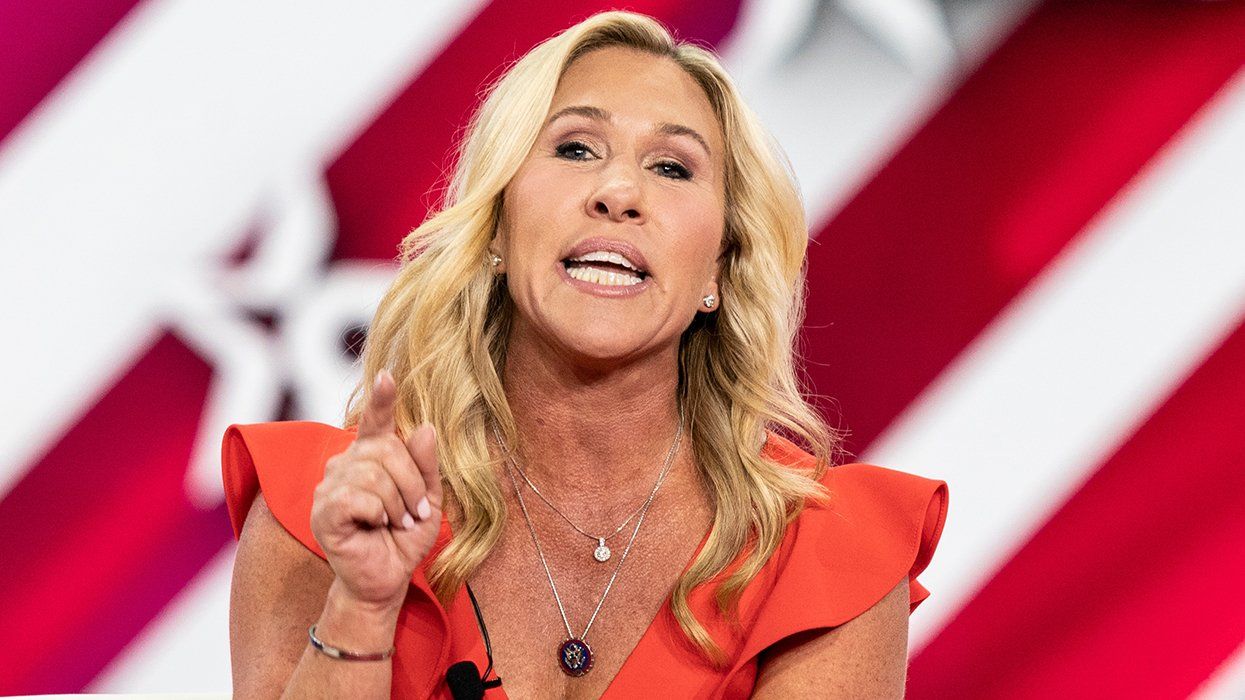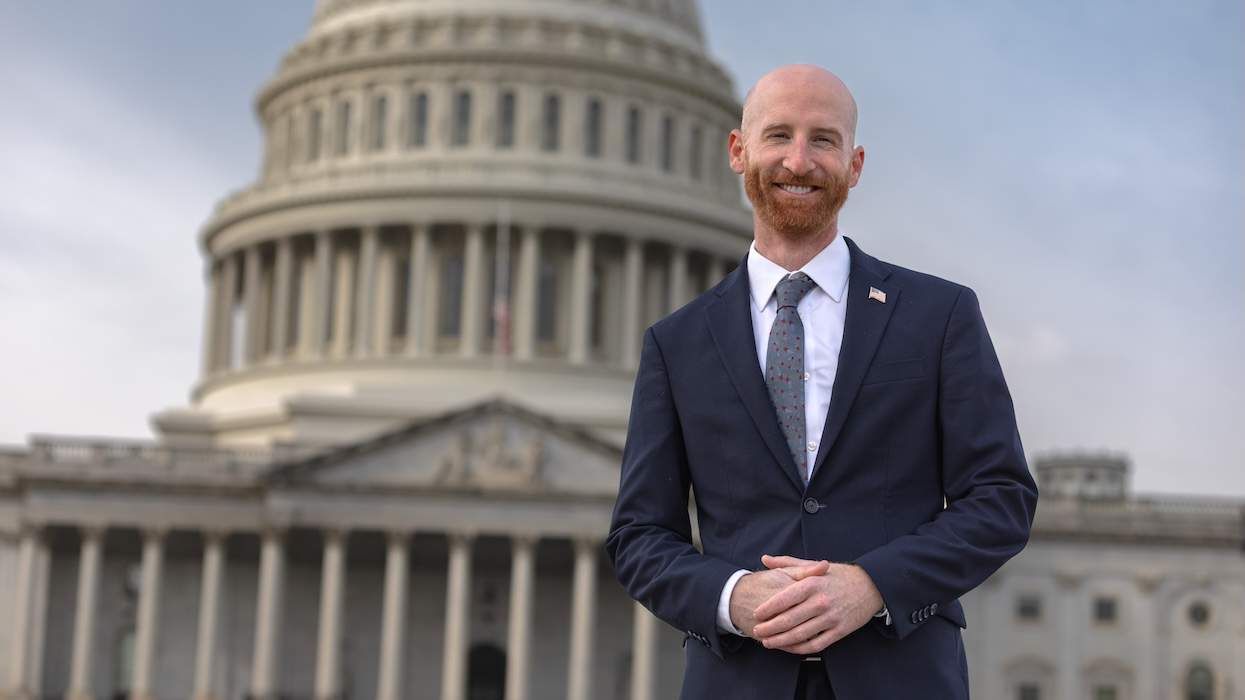A Florida house Republican leader said he would consider lifting or modifying the state's 30-year ban on adoption by gays and lesbians, but only if the state senate takes similar action. Rep. Bill Galvano said he would schedule a vote on a bill allowing gay foster parents to adopt children already in their care, but only if companion legislation resurfaces in the senate, the Tallahassee Democrat reported first on Tuesday. Galvano chairs the house committee titled Future of Florida's Families.
Florida is the only state with an outright ban on adoption by gay people, while Mississippi and Utah have laws that restrict it. Mississippi bars gay couples, but not gay singles, from adopting, and Utah requires adopting parents to be married.
Democratic senator Nan Rich introduced a similar bill earlier this month but postponed the legislation indefinitely hours later when it became clear it would not survive its first committee vote. Rich is still working with the foster parents and children's advocates who testified at that meeting to convince lawmakers to reconsider, she said.
Meanwhile, Galvano said he will not put similar legislation introduced in the house on his committee's agenda until the senate bill gets stronger. "I think the senate hearing helped flush out the issue a bit, but it's also an indication of how the bill is going to fare," he said. "If the bill should come back and start moving in the senate, then you're looking at a bill that really has a life."
Republican representative Sheri McInvale said she understands Galvano's decision and is working behind the scenes to get the support that will make a house hearing worthwhile. Rich said she wants the house to move on the bill without waiting for further senate action. "I feel the senate has taken the first step, and the house needs to move ahead and take a first step there," she said.
The bill, which supporters said eliminates inconsistency in Florida's adoption policy and increases the number of homes available to children, will progress in small but significant steps, Rich said, adding that moving the bill out of a first committee would be a satisfactory finish line this year. "Sometimes it takes several years for a good, new, or controversial idea to move forward," she said. "This bill is not dead." (AP)




































































Charlie Kirk DID say stoning gay people was the 'perfect law' — and these other heinous quotes